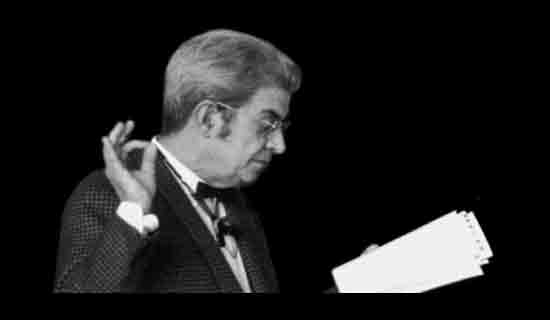The theories of Jacques Lacan fall well within the psychoanalytical psychology of Freud. Lacan himself fundamentally identified as a Freudian psychologist too. In fact, he insisted to his students on numerous occasions that people could call themselves “Lacanians” if they wanted, but he will continue to think of himself as being of Freud.
Lacan’s beliefs on the unconscious, the castration complex, the ego, identification and language as subjective perception are based largely in psychoanalysis, with a number of criticisms and insights.
The Unconscious and the Ego
In the Freudian sense, the unconscious is a part of the mind that exists before the conscious present. This part of our mind is thought to be responsible for subliminal perceptions, feelings, thoughts, habits and even automatic behaviour. Lacan’s take on the unconscious is an interesting one – he suggests that the unconscious is actually structured like a language. It is just as complex and systematic.
The ego in Freudian belief is the part of the mind that is organized and realistic. It is the part of the mind that creates desires. Lacanian psychoanalysis suggests that by coming to the place where the ego is (entering into the “I”). This process is what ultimately makes it difficult for victims of trauma or a crisis of identity to find restoration as it is difficult to understand the complexities of the language of the unconscious.
The Castration Complex
Lacan’s additions to the basic Freudian belief of an inherent castration complex found in males were also significant and helped to develop criticism and research in other theories and genres. For Lacan, not only does the young boy have a fear of being castrated by his father for wanting to possess the mother, but the boy also discovers that he is somewhat more “complete” than the first “Other” to appear in his life. A mother nurturing her boy child represents the first comforting “presence” in his life and when the child becomes aware of the biological differences between the two genders, he perceives his first “Other” as being incomplete. From this point on, the boy’s perception of all others is skewed and everyone becomes a castrated, incomplete version: the “barred Other”.
Lacan’s theories were received with both acceptance and criticism. His ideas about language as a subjective perception have been particularly influential in the fields of linguistics, literary analysis and history, among others. Feminist thinkers since Lacan’s time have noted the importance of Freudian and Lacanian thinking to their fields as well, but reiterate that they believe psychoanalysis is useful only for understanding gender biases.
Featured images:
- License: Image author owned
This article was written by Nick Davison, of Psychoanalysis London.

